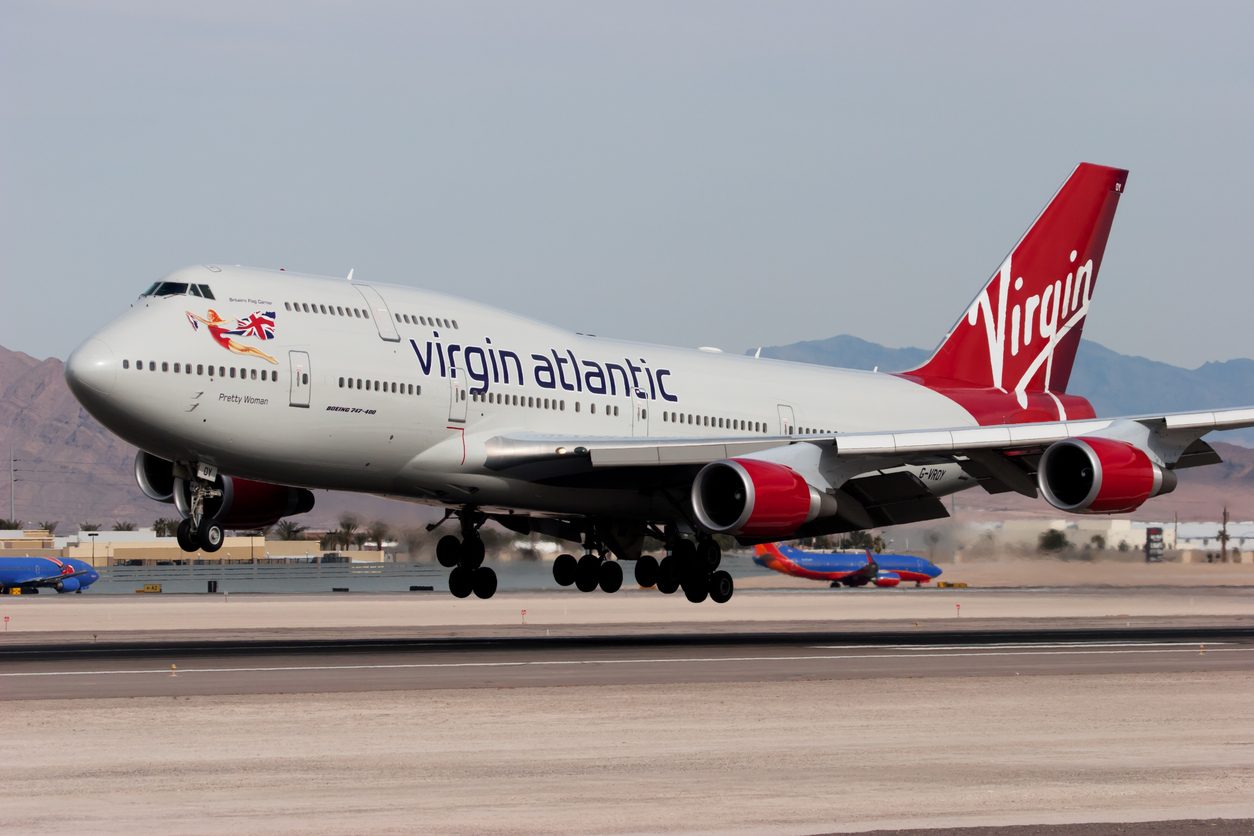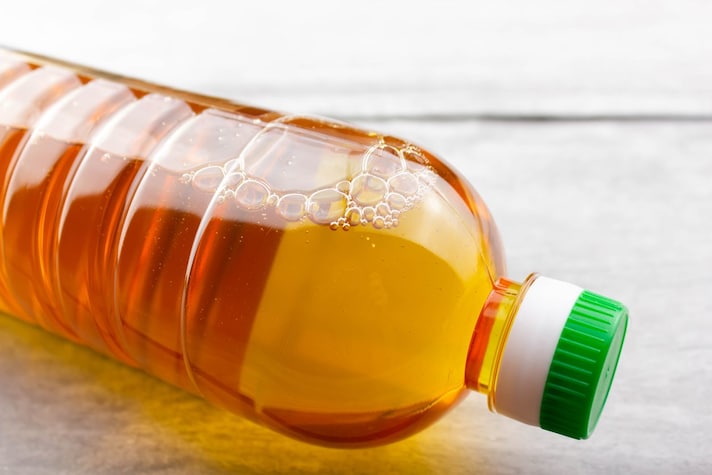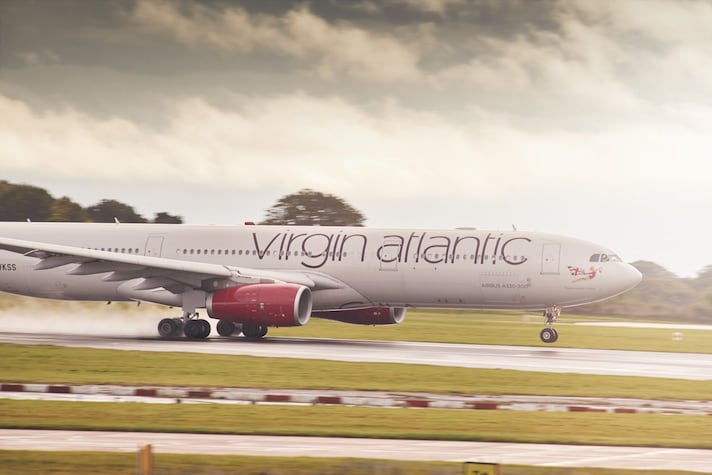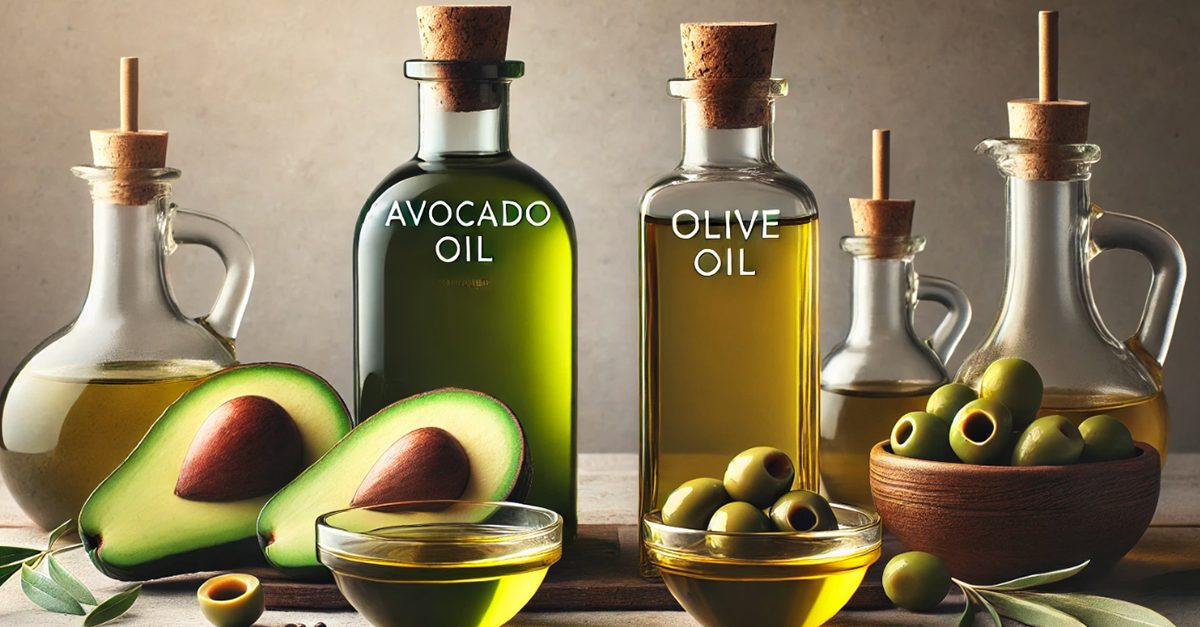Virgin Atlantic Launches Cooking Oil And Animal Fat-Fueled Transatlantic Flight
Virgin Atlantic sets the standard high as they launch the world’s first transatlantic flight to use Sustainable Aviation Fuel (SAF) made of cooking oil and animal fats. The innovation is a significant milestone for the airline and the aviation industry generally. Let's explore how this flight is a game-changer, learn about its impact, and why more money is needed for cleaner air travel.
;)
The future of flying is taking off, and Virgin Atlantic is leading the way! For the first time ever, Virgin Atlantic used their Sustainable Aviation Fuel (SAF) for a journey from London to New York. This is an important milestone in the aviation industry as it marks a step toward making flights better for the environment.
How Sustainable Aviation Fuel (SAF) Makes a Difference on Net Emissions

Virgin Atlantic achieved a groundbreaking milestone by completing a transatlantic flight using a unique blend of cooking oil, animal fats, and other unconventional fuels. Departing from London’s Heathrow Airport and landing in New York on November 28, this achievement marked the first time a transatlantic flight was powered by "sustainable aviation fuel (SAF)."
This event is significant for the aviation industry's goal of achieving net-zero carbon emissions by 2050. The SAF used in this flight is estimated to result in approximately 70% lower net emissions compared to a traditional fossil fuel-powered flight. Although SAF currently represents less than 0.1% of the global jet fuel volume, it holds promise for reducing the aviation industry's environmental impact.
Addressing the Aviation Industry's Role in Greenhouse Gas Emissions

While the milestone flight is a positive step forward, challenges remain in making sustainable aviation fuels more widespread. The aviation industry, responsible for 5% of global greenhouse gas emissions, continues to explore alternative fuel sources. However, SAF is still more expensive than traditional fossil fuel kerosene.
Director of the Aviation Environment Federation, Tim Johnson, expresses reservations about SAF's potential to revolutionise flying, emphasising that most aviation emissions will likely still come from kerosene for the foreseeable future. The issues of land use for crops, scalability of animal fat and waste oil material, and the need for more renewable energy to produce SAF fuel underscore the complexities that must be addressed for sustainable aviation fuels to become more viable.
Despite these challenges, Virgin Atlantic's successful transatlantic flight using SAF emphasises the urgency for increased investment and efforts to develop scalable solutions for sustainable aviation fuels. Shai Weiss, Virgin Atlantic's chief executive, acknowledges the need for more significant investment to reach production at scale and make sustainable aviation fuels more accessible for the aviation industry.
;Resize,width=767;)

;Resize,width=712;)
;Resize,width=712;)
